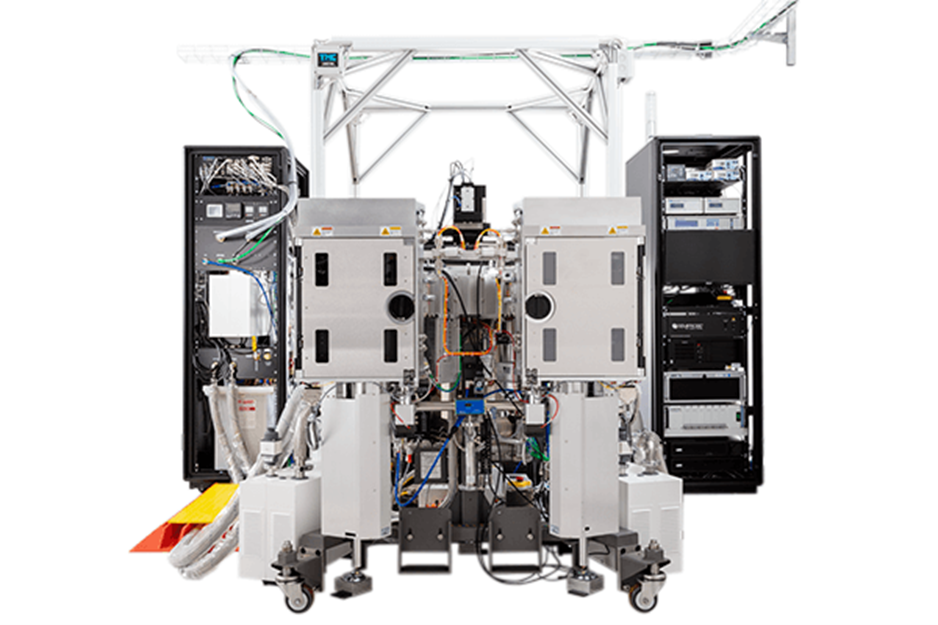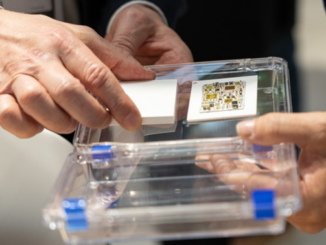A team of researchers led by Professor Ivan K. Schuller at the University of California, San Diego has developed a new breed of magnetic materials with profound implications for the electrical and electronics industries. Even without a magnetic field, these materials have the ability to change from insulators to conductors and vice versa within a very narrow temperature range – providing a new mechanism for controlling magnetism.
“Discovering new materials is not an easy business – and discovering materials that happen to have the exact properties you need for a certain application is practically impossible,” said Prof. Schuller. “Our approach is to combine two naturally-occurring materials, whose properties we already understand, to create a third material – a so-called hybrid with different and perhaps useful properties.”
Most recently, Prof. Schuller and his team have discovered that by combining thin layers of oxides, such as vanadium oxide, with magnetic materials such as cobalt, nickel or iron, they can create a structure that is remarkably responsive to heat. The oxide, typically an insulator, becomes more like the magnetic material and the magnetic material more like the oxide.
The properties of these magnetic oxide hybrids and their potential for both the electrical and electronics industries will be the subject of a seminar by Prof. Schuller at this year’s CWIEME Berlin.
Although it is too early to predict exactly how these new magnetic materials will be used, Prof. Schuller sees two clear opportunities: in computer memory systems and in transformers.
The next generation of computer memory systems that are being developed use high temperatures generated by lasers to manipulate magnetic properties. Schuller’s sensitive magnetic oxide hybrids would eliminate the need for such high temperatures.
Magnetic oxide hybrids could also be used to build a replacement for current fault limiters in transmission lines in case of a lightning strike or power surge. Once the danger is over and the temperature returns to normal the power distribution system would automatically resume service.
“My team and I have been carrying out very basic research. We are not looking at applications at all – but the industry needs to understand where science is heading and its possible disruptive effects,” said Prof. Schuller. “I cannot say how this research will change our lives – that’s for the electrical engineers to decide – but I can guarantee that it will.”
Prof. Schuller will be presenting ‘Breakthroughs in magnetic and semi-conductor material: bilayer and the implications for the electrification of industry and society’ at CWIEME Central on Wednesday 25th June, 11:50-12:30.
CWIEME Central seminars are held in English and free for all CWIEME Berlin visitors to attend.



